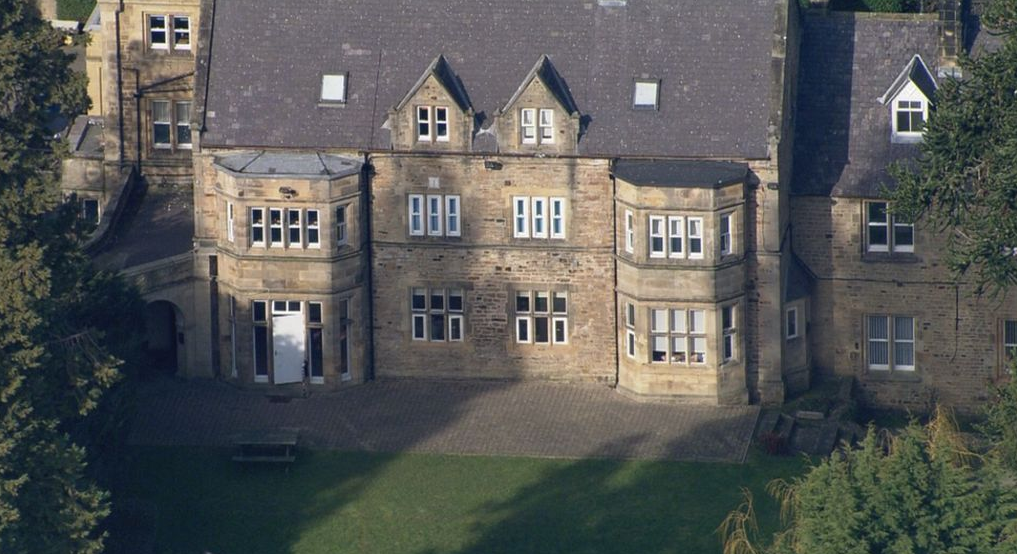
What Really Happens Behind Closed Doors?
Eight years ago I wrote this short piece following the Panorama programme that revealed the abuse at Winterbourne View:
Nobody would disagree that the poor practice and abuse at Winterbourne View was disgraceful and the more so when carried out by those appointed to offer care and support for vulnerable adults.
The Panorama programme revealed this appalling abuse and opened the eyes of many to the practices that sadly continue in some institutional settings. It is all too easy to assume that these behaviours have disappeared with the new face of community care and the recognition that disabled people in our society share the same rights as others.
The situation at Winterbourne View once again revealed that so often what goes on behind closed doors does not reflect the practice that is aspired to in policy. It emphasises the importance that we ensure there are channels to raise concerns, and assurance that concerns will be listened to and acted upon.
Failure to Listen
There has been much discussion, quite rightly, about the failure in this case to listen to the ‘whistleblower’. If their concerns had been acted upon promptly these practices would not have been inflicted on the victims over a prolonged period of time, and the perpetrators would have been removed from working with vulnerable people.
But there is another factor to consider here if we are going to be sure that concerns will be raised. The ‘whistleblower’ has to be confident that they will be supported and not as so often happens in these cases victimised themselves.
Too often we hear from whistleblowers about the negative implications experienced by them when they have raised concerns. They are frequently not taken seriously. Some also recounted being ostracised by their work colleagues. They receive no support from the organisation or their managers. They are left with no assurance that they have acted appropriately.
To raise a concern about the people we work with may be the hardest thing that we have to do. Whistleblowers need support and reassurance, so too do those involved.
The research carried out by the Ann Craft Trust looking at ‘Blowing the Whistle on Abuse of Adults with Learning Disabilities’ worryingly revealed that many of those who had done so in the past said they would not do so again, the experience had been too traumatic. We have to confront this issue if we hope to find out what really goes on behind closed doors.
Eight Years Later – Has Anything Changed?
Eight years on Panorama features it again. It wasn’t a repeat of the original programme. It was another horrifying example of the “care” that too many people with learning disabilities and autism are subjected to in long term hospital provision. This time it exposed the care and treatment of people in Whorlton Hall in Durham.
I have also written in the past a piece entitled ‘When will we ever learn?’ I would add to that ‘When will we ever listen?’ There has been much talk about addressing these hospital scandals. But there is little evidence to date that anything has really changed in the eight years.
The latest Panorama exposé raised some important questions:
- Why do we still think it is acceptable to offer ‘care’ in institutions such as these?
- What safeguarding structures were in place in the service? Why did they fail?
- Why do some people get such enjoyment from abusing the people they are employed to care and support?
Once again we hear that the government is ‘deeply sorry’ about what has been happening. They are putting plans in place to deal with it. But within just a few days they focused their attention back to Brexit and the European elections.
